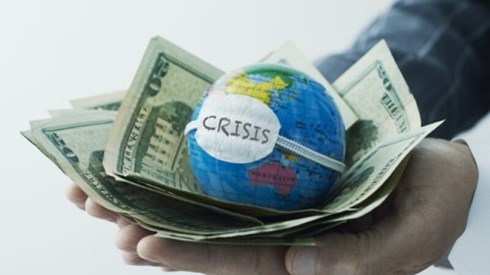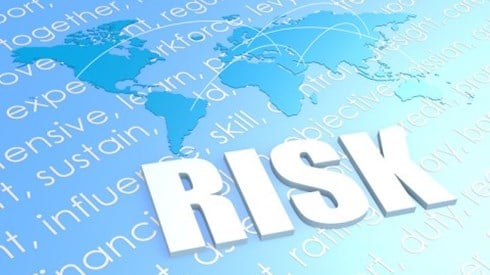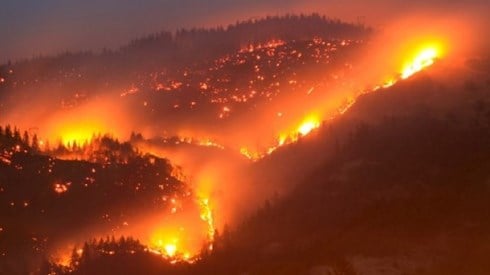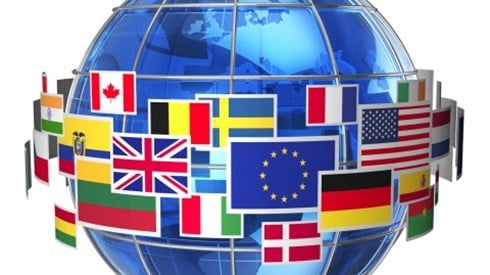Heightened Political Risks Caused by COVID-19 To Continue in 2021

April 26, 2021

The COVID-19 pandemic increased economic risks in 2020 and will remain a significant factor in the political risk landscape in 2021, according to Marsh Specialty's Political Risk Map 2021.
"COVID-19 has widened the divide between rich and poor, setting some countries back decades in their efforts to reduce poverty," the Marsh report says. "Food security, water access, and energy costs remain acute pressures that can lead to growing nationalism and civil unrest."
At the same time, social inequalities will factor in political platforms, particularly in middle- and low-income countries, Marsh says.
Marsh's political risk map, released April 7, 2021, is based on data from Marsh Specialty's World Risk Review platform, a country risk platform providing risk ratings for 197 countries across 9 indicators related to security, trading, and investments.
The nine risks tracked in the World Risk Review platform are contractual agreement repudiation risk; country economic risk; currency inconvertibility and transfer risk; expropriation risk; legal and regulatory risk; sovereign credit risk; strikes, riots, and civil commotion risks; terrorism risk; and war and civil war risk.
Marsh notes that the economic impacts of the COVID-19 pandemic prompted many governments to implement aggressive fiscal and monetary policies to promote recoveries. This year's political risk map shows larger increases than ever in country economic risks across all regions, the broker says, driven by increased deficit spending that added to sovereign and commercial credit risks in less-developed countries.
In addition to the growing inequality between rich and poor nations and a continuing increase in economic risks for all countries, the report highlights increased nationalism, with an impact on strategic resources including energy, food, technology, and water or other essential industrial inputs.
Across multiple regions, food security, water access, and energy costs remain significant pressures that could emerge as flashpoints for civil unrest, the report says.
"Our analysis projects a growing disparity between emerging economies and industrialized nations," the Marsh report says. "Strains on public financing in emerging markets will result from increases in sovereign indebtedness and may create unfavorable conditions for domestic and foreign-owned businesses."
The Marsh political risk report suggests that China's early recovery from the pandemic along with the massive stimulus measures in the European Union and United States are expected to generate an economic boost that could benefit certain countries including oil exporters. That impact might only be temporary, however, and delay a reckoning with social inequalities, unsustainable debt, and the energy sector's transition to greener energy sources.
As countries compete for strategic resources, nationalism is increasing, Marsh says. Minerals, vaccines and other medicines, secure supply chains, advanced technologies, and trade routes are all essential to economic recovery and political competition in a world that is growing more multipolar, the broker says.
"The pandemic response adds a new weapon to the political arsenal of competing powers: vaccine diplomacy," Marsh says. "Nations seeking influence are offering access to the vaccines as a bargaining chip with allies and trading powers."
Marsh says that as the world recovers from the COVID-19 pandemic, it expects social inequality, country economic risk, and strategic resource nationalism issues to become a major influence on political decision making. The COVID-19 pandemic has heightened many of these areas of risk, Marsh says.
There are, however, opportunities around the globe for corporations, financiers, and investors, the broker notes, and insurance-backed political risk and credit solutions can help them secure trade and investment capital, unlock liquidity, and promote the growth that will drive and sustain the economic recovery from COVID-19.
Several benefits of political risk, credit insurance, and surety solutions, as cited and described in the Marsh Specialty report, are as follows.
- Supply chain resilience: trade credit coverage can strengthen global supply chains by helping key suppliers via improved payment terms.
- Optimization of working capital and improvement of key financial ratios: trade credit insurance can support accounts receivable purchase programs, which can improve liquidity during difficult economic times.
- Collateral replacement for corporate clients: commercial and bank surety can replace cash and/or letters of credit to be used as collateral, releasing capacity that can fund growth.
- Bank portfolio risk distribution: political risk and trade credit solutions can assist many international banks in managing their portfolio risks and help them avoid concentrations of risk in certain classes and countries.
- Safety belts for investment: political risk insurance can secure infrastructure and other direct investments in volatile emerging markets while facilitating bank lending, even if sovereign credit is downgraded.
- Facilitation of long-term capital raising: Political risk and credit insurance can lead to future financing by allowing projects to move forward while investors realize their objectives. Establishing a precedence of delivering value while mitigating risk can allow project owners to gain access to additional capital for sustainable growth.
- Mitigation of contract repudiation: political risk insurance can protect contracts for the supply of goods or services for companies negotiating with governments or private entities in emerging market countries that often face numerous underlying political risks.
The Marsh report notes that both public and private sources provide a variety of tools to manage political and credit risk. "In addition to government-backed export credit agencies and multilateral organizations, a robust private political risk insurance marketplace has developed to help investors and business weather political and economic crises," the report says.
Those political and credit risk products are widely available, Marsh says, with the capacity, flexibility, and long-term coverage periods needed to address many risk scenarios.
April 26, 2021



